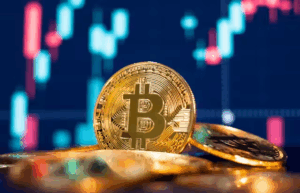Inflation in the United States gave a slight respite, providing relief to markets and economic analysts. According to the latest data, the consumer price index (CPI) rose by 2.8% year-on-year, two tenths less than in january and one tenth less than expected by experts. The underlying CPI, which excludes energy and food, registered an increase of 3.1%, also below forecasts. These data moderate fears of out-of-control inflation, although the figure is still far from the 2% target set by the Federal Reserve.

The monthly inflation figure also reflected a slight slowdown, with an increase of 0.2% versus the 0.3% forecast. In January, headline CPI had risen by a considerable 0.5%, which had set off alarm bells in the markets. This small respite comes against a backdrop of uncertainty, where economists continue to debate the risks of a recession, especially if Donald Trump’s administration maintains its current economic agenda.
Within the components of the index, housing was the main driver of the increase, rising 0.3% in february, accounting for almost half of the total increase in the CPI. However, this increase was partially offset by a 4% drop in air fares and a 1% decline in gasoline. Despite this drop, the energy component as a whole rose 0.2% due to increases in electricity and natural gas.

The food sector also showed variations, with an increase of 0.2% overall. While food prices outside the home rose 0.4%, food at home remained stable. However, egg prices registered a spectacular 10.4% increase in a single month, accumulating a 58.8% year-on-year increase. Avian flu has been the main cause of this rise, a problem that the Trump administration has not yet managed to contain despite its promises.
Although the easing in inflation is good news, the U.S. economy remains at a crossroads. The combination of subdued growth, persistent inflationary pressures and political uncertainty keep investors cautious. With inflation still above 2%, the focus is on the Fed’s next steps and whether the government’s economic policy will be able to avoid a recession in the near term.

You may also be interested in







